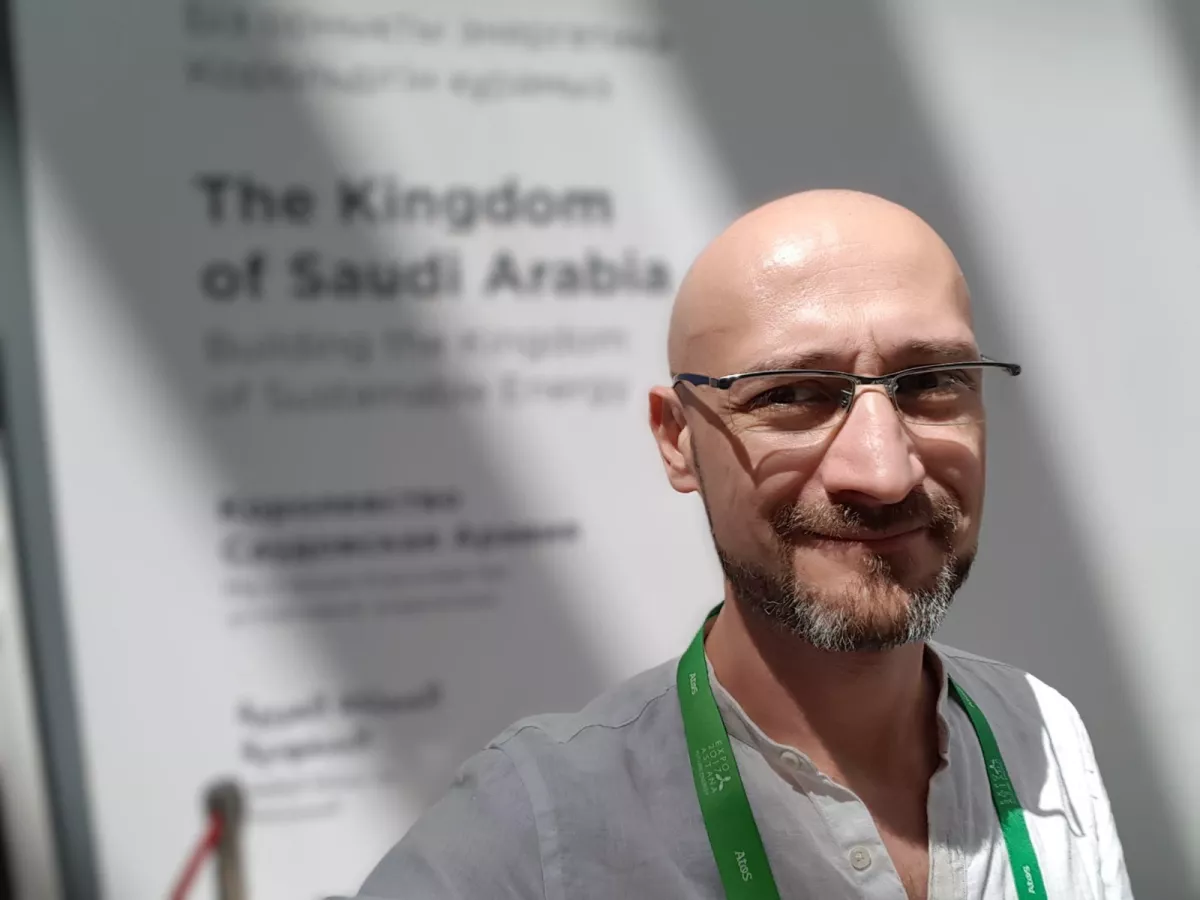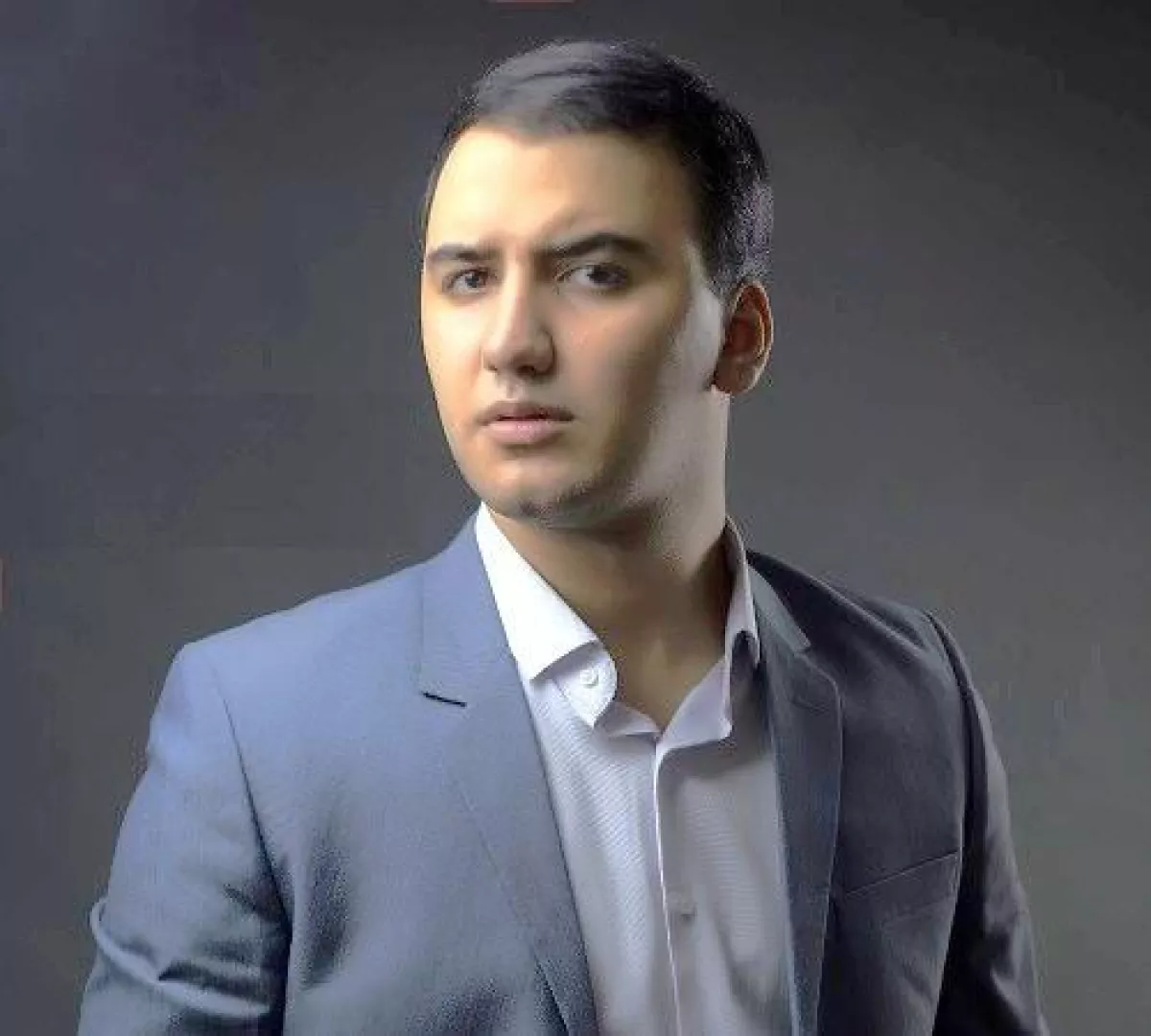Baku: Hub where East meets West Experts weigh in on Azerbaijan’s multi-vector diplomacy
Baku is increasingly becoming a key centre for decision-making and reaching agreements. This conclusion becomes evident when one looks at the recent and upcoming flurry of visits by foreign dignitaries to the Azerbaijani capital.
The diversity of political processes involving Baku is truly striking. Not long ago, the High Representative of the European Union for Foreign Affairs, Kaja Kallas, visited Azerbaijan on an important mission. Shortly after, Iranian President Masoud Pezeshkian arrived in the country—signalling a potential reset in relations with Azerbaijan’s southern neighbour.
Even greater attention is being drawn to early May, when Israeli Prime Minister Benjamin Netanyahu is expected to visit Baku. A visit of this level has every chance of becoming not only a cornerstone in Azerbaijan-Israel relations, but also of setting a new dynamic in the geopolitics of the Middle East.
How is Baku’s multi-vector foreign policy viewed abroad? What geopolitical shifts might follow? Political analysts from neighbouring countries shared their insights with Caliber.Az.

According to Georgian political analyst Tengiz Javakhadze, it is clear that Baku has reached a new level in its foreign diplomacy — no longer is it Azerbaijani officials who travel abroad to negotiate; now, top-tier politicians come to Baku to strike deals.
“Baku’s multi-vector policy is indeed undergoing significant changes. It is obvious that Azerbaijan’s role in the world has grown considerably — otherwise, such high-level visits wouldn’t be taking place. Just as clear is the fact that the role of the South Caucasus in global politics has also increased noticeably, thanks to Baku.
Baku does not dictate, but it sets trends through a peace-oriented yet often uncompromising foreign policy, acting as a strong leader that knows its worth.
Azerbaijan’s close ties with Ankara further reinforce the significance of its foreign policy. Against this backdrop, Yerevan appears weak and indecisive, constantly relying on its sponsors and unable to become a powerful regional transit hub — a consequence of the self-isolation it has brought upon itself,” the analyst emphasised.
According to him, Baku is setting the tone for transformation across a number of regions, while skilfully avoiding any overt display of this fact.
“We see that Kaja Kallas’s visit demonstrated how the EU has accepted Baku’s terms and recognised its significance — especially regarding energy supplies to Europe. Just yesterday, the President of Iran visited Baku to negotiate the development of cooperation, as strengthening ties with Azerbaijan creates an element of political stability for Iran itself, which is under pressure from both the West and the East.
The upcoming visit by the Israeli Prime Minister proves the full independence of Baku’s foreign policy: its partners come from different centres of power, and it is Azerbaijan that chooses them — not the other way around,” Javakhadze noted.

Tajik political analyst Eraj Alimov, in turn, believes that Baku is betting on constructive peace and stability, deliberately steering clear of toxic political games. It is precisely this approach, he says, that is attracting new partners to Azerbaijan. Of particular importance is the skilful use of the country’s geopolitical position.
“Baku does not follow the lead of the world’s dominant powers, but instead builds its own positive strategy — one that is already yielding results. A vivid example is the series of failures experienced by French President Macron, who is losing colony after colony, while Baku offers new narratives and approaches, acting as a constructive force. First and foremost in the South Caucasus, where peace has finally returned and legal borders have been established.
Moreover, Azerbaijan is positioning itself as a capable mediator — for example, by seeking to bring Türkiye and Israel closer together, which is very likely to happen in the near future. Baku is also playing an important role in the relationship between Russia and Iran.
The new format of cooperation with Central Asia and China is yet another confirmation of Baku’s political weight and its ability to act as a moderator of international processes, rather than a passive participant in the global agenda.
We are also witnessing Washington’s favourable stance towards Baku, and it is likely that the United States will soon become more active in the South Caucasus. Judging by current trends, Netanyahu’s visit may secure an important status for Azerbaijan in its contacts with a future Trump administration,” Alimov concluded.








